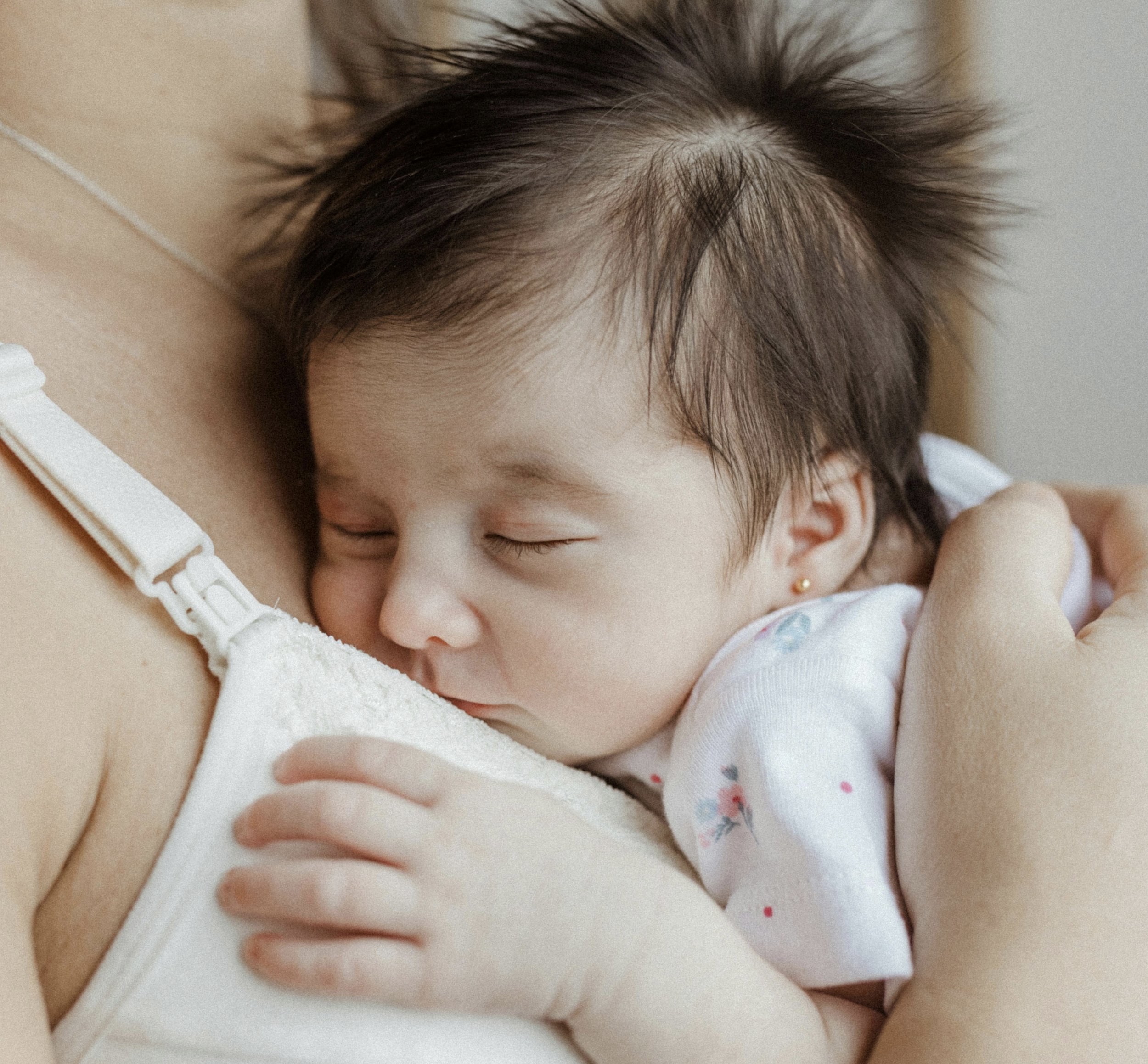
How Sharing Your Birth Story Can Help You Heal
Childbirth is a profound physiological and psychological event. While it’s often romanticised in culture, the reality is far more complex. For many women, birth leaves behind not just stretch marks and scars—but psychological imprints that quietly shape their postpartum experience.

What to Ask at Your 6-Week Postnatal Check-Up
The six-week postnatal check-up marks a pivotal moment in your recovery journey. It’s more than a tick-box on your postpartum calendar—it’s a chance to refocus on your health, body, and emotional well-being after giving birth. Whether your experience was smooth or complicated, this appointment is a space to ask honest questions and advocate for your care.

5 Ways to Support Your Mental Health After Giving Birth
Giving birth is a transformative experience, both emotionally and physically. As joyful as welcoming a new baby can be, it’s also a time of significant adjustment and vulnerability. Supporting your mental health postnatally is just as vital as caring for your physical recovery. Here are five effective ways to nurture your mental wellbeing after giving birth.

7 Signs You Might Be Experiencing Postnatal Anxiety
Welcoming a baby into the world is a monumental life event. While many new mums expect to feel joy and fulfilment, it’s not unusual to feel overwhelmed, worried, or even fearful. These feelings can go beyond the common "baby blues"—you may be experiencing postnatal anxiety.

Matrescence: The Psychology of Becoming a Mother
Before I became a mother, I had no idea there was a word for what I was going through. I knew my body would change — I’d read all about birth, feeding and baby sleep routines. But no one warned me that I might feel like a stranger to myself. That my sense of identity would stretch and shift just as much as my skin had during pregnancy.

Postnatal Nutrient Depletion: What Mothers Need to Replenish
Growing, birthing, and feeding a baby takes an enormous toll on the body. After birth, many mums experience a steep drop in key nutrients—a phenomenon known as postnatal nutrient depletion. This isn’t just “new mum tiredness.” It’s a physiological gap that, if left unaddressed, can undermine healing, hormone balance, mental clarity, and emotional resilience.

Nesting Instinct: What Science Says About Pre-Birth Prep
The nesting instinct is a powerful drive that kicks in during pregnancy—usually in the final trimester—urging expectant parents to get their home “baby-ready.” It can feel like an urgent mission: clean every corner, stock every shelf, wash every onesie. It’s part instinct, part anxiety, and often a little bit magica

How Birth Partners Influence Hormones During Labour
The journey of childbirth is not only a physical process but also a deeply emotional and hormonal experience. While medical professionals play a crucial role, the presence of a supportive birth partner can significantly impact the hormonal balance during labour, influencing the overall birthing experience.

Baby Positions in the Womb: Preparing for a Smooth Labour
Discover the different baby positions in the womb, including occiput anterior, occiput posterior, breech, and transverse lie, and learn how they influence labour preparation and delivery outcomes.

